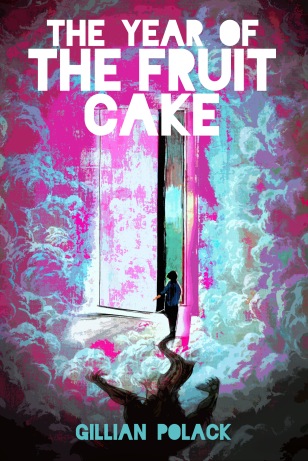I have so many piles of books in my living area (which is also my work area) that even I feel the clutter. The reason this post’s title includes the words ‘book problem’ is because occasionally they topple and I tripped over one yesterday and…
I love them all. It’s not a problem in any sense except the clutter. I’m not reading just one good book this month, I’m reading dozens. They are my building blocks for a three-year research project (1), and I’m already having fun. Gradually, the piles will diminish.
One pile is for putting away. “I’ve finished this – it was fun but not terribly useful. I’ve taken the notes I need from it but they’re not relevant to anything I’ll be writing. It can go away. No need to put it in the bibliography.”
Another pile is carefully marked up. Not the books themselves – I have special sticky paper that doesn’t harm books and I write on that. When I’m ready to write that book up, I go straight to the notes and lo, it’s ready to go. I know what page to refer to in my footnotes and I have my thoughts on the sticky paper. Then I put the details of the book in the bibliography, and then that book goes on the putting-away pile.
The third pile consists of one book right now, called Putting the Science into Fiction. It’s not a scrap of use for my research project, but has some stuff in it I want to use as a reminder for world building. The world building has nothing to do with the research project. Until last Wednesday I did it full-time, but now I’m doing it as a leisure activity. The book will be put away when I talk through what it contains with my co-conspirators in world building, which could be next Monday, or it could be in three months.
The three largest piles relate to three of the core focal points of the research project. One is on fairy tales, one is on own voices, and the third is on writing about cultures that are a bit alien or foreign.
The piles I’m working through right now, however, are none of those things. Some are on writing technique, some are on genre, and some are on what makes narrative, and some are on rhetoric or critical theory. These are my reminder piles: it’s no use launching into research without checking that you know what you’re doing. It’s not enough to know this stuff as an expert or generally. I have to know exactly what elements I need for this precise project.
That’s all for this project, for now.
A proposal I put in for an academic paper was accepted yesterday. I’m about to start an extra pile (which will link into the project, but is right now just for the paper) will be about food in speculative fiction. This one is quite dangerous. Whenever I write about food, I have to cook things.
When people ask me what I love about research I am stumped. What’s not to love about reading fiction and inventing recipes to fit the food mentioned in the story? Although in this case I’ll be doing a critical analysis. Mouthfeel has to play a part. Maybe I’ll have recipes as the slides that illustrate the paper? After all, I have a nice collection of cookbooks that I can match to the foodways in the fiction. The most mouth-watering paper at an academic conference. It sounds good to me.
Writing long fiction is on the backburner for a bit, obviously, but my reasons are impeccable, as are my piles of books. Also, I did that thing that chefs do on cooking shows. There are three objects I prepared earlier, one that is out in paperback and now affordable (earlier research!) , one that is out already and the other is coming in a very, very short time. The same applies to next year – work finished a while back means that I shall research away and books will appear and everyone will think that I work 36 hours a day.
I don’t. But I do have impressive piles of books stacked everywhere they fit.
- For all of you, a footnote. For anyone wondering, yes, this research project is for a PhD. It’s not my first PhD, however, and Australian PhDs are only three years long and we start the research on Day One. Also, I’m more interested in the research itself and in working with two tremendous supervisors than I am with shouting, “Hey, I’m doing a PhD.” Because it’s all about writers and what they put in their fiction, I shall talk about the cool stuff here, from time to time. Ivory towers are a fiction, and research relates to the real world. This research relates to culture in fiction. And I am one of those people who write stuff into footnotes that people need to read. I did it for my first novel and I refuse to stop doing it unless I’m writing an academic piece. This is due to a certain warped element in my personality.

